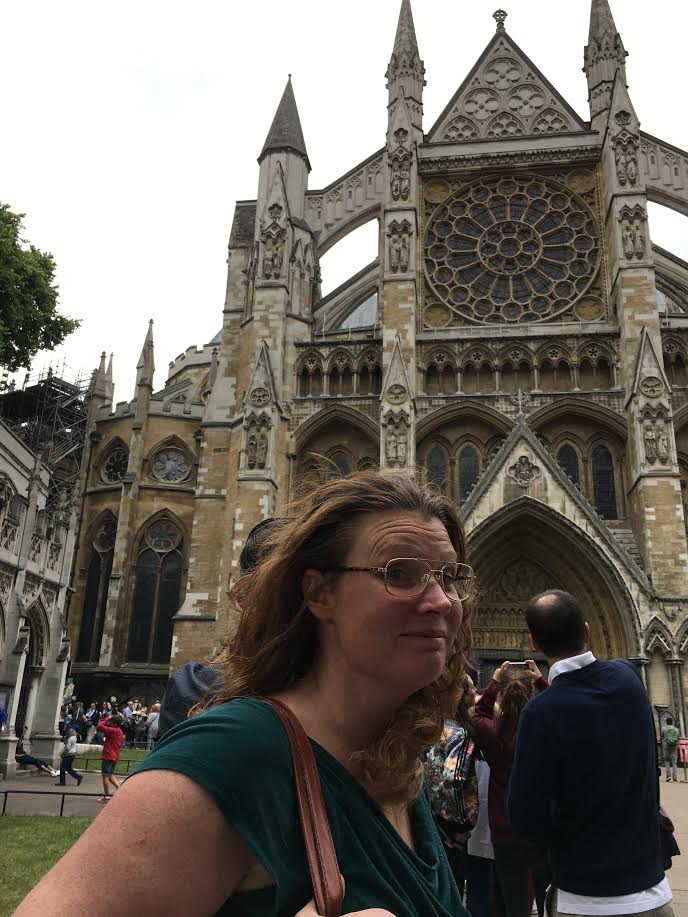The most wonderful days in London last weekend.
The Dominantly Inherited Alzheimer Network (DIAN hade their yearly international meeting in London. DIAN is an international research partnership of leading scientists determined to understand a rare form of Alzheimer’s disease that is caused by a gene mutation. There are three known mutations in familial AD-causing mutations. The name of my mutation is PSEN1, It is the most common one.
When my father was sick I remember that I wanted to meet other children that were in the same situation. It wasn’t until I was in my twenties I met the first one. And I still remember the feeling of a silent community that gave me support.When I got sick in AZ I wanted to meet others that had the disease just to feel like I belonged somewhere people have the same problems and maybe solutions to some.
Now, going to London was the same thing. To meet other young people that had the disease. I even had in mind my mother’s joy when she meet other caregivers. So of course I hoped my husband could find comfort by meeting other caregivers.
We arrived in the morning at nine o’clock and decided to do some sightseeing on foot.
we walked around Trafalgar Square, Westminster Cathedral and Big Ben. We had a proper English lunch at a Pub before we took the metro back to the hotel. In the evening we went to the DIAD welcome party for the attended at the conference.
Saturday started early! But what impression it did on me. I guess to others it’s hard to get how lonely you can feel when you know there are others in the same situation. But you never get to meet them, and you are totally alone whit your thoughts. Thoughts that you are to scared to share with your husband or friends. But it was very easy to talk about in a room among others in the same situation even though I had never meet them before. It did not matter that one was from Colombia, one from North america, a man from Ireland and a woman from Canada. We could have been in there in silence it would still be a comfort for me knowing that I was not alone in this. We shared what types of medicine we have and what support our doctors give us. But most of all we talk about the future and a cure for this horrible disease and saving our kids.



